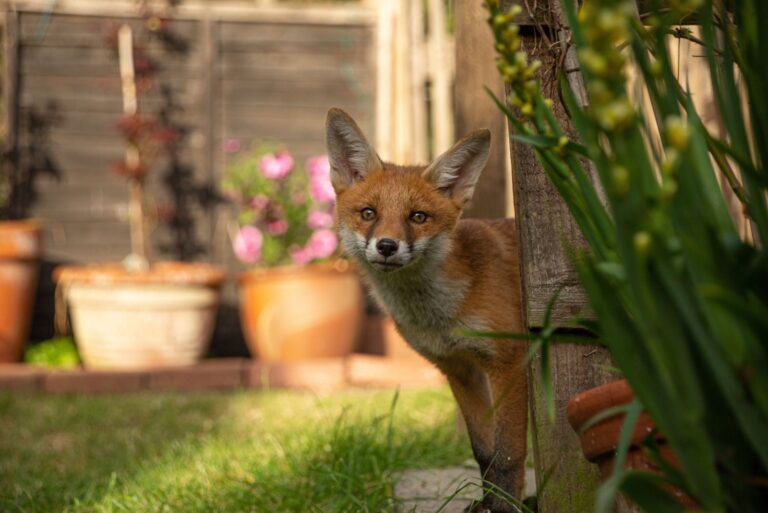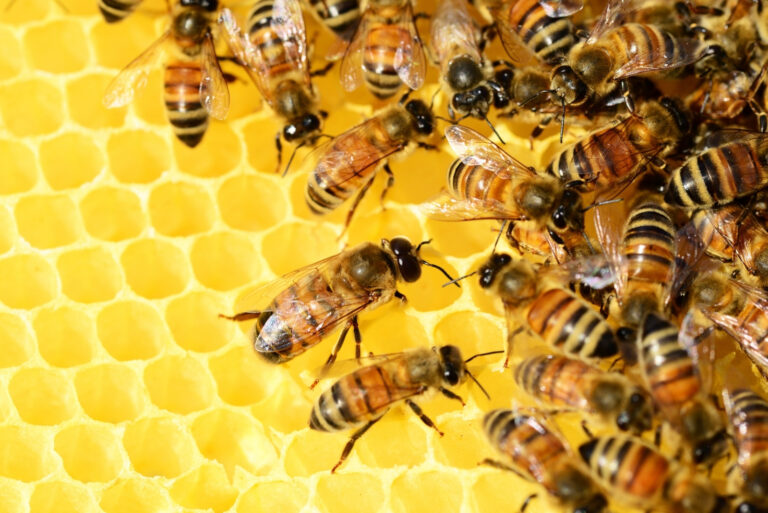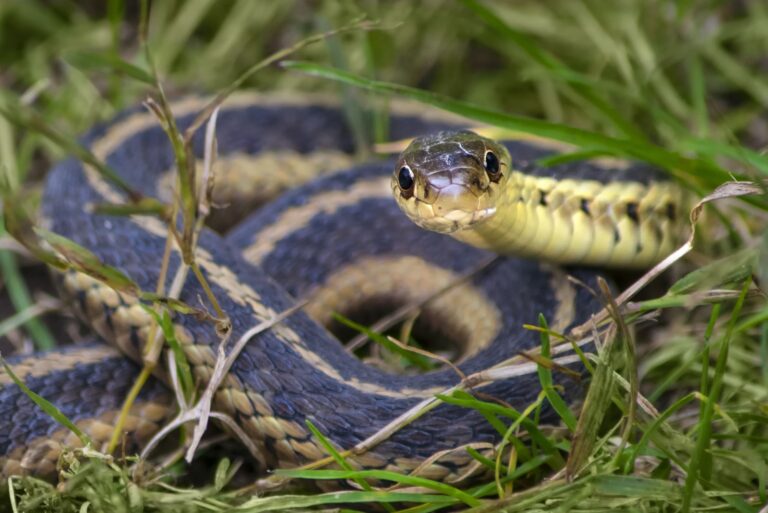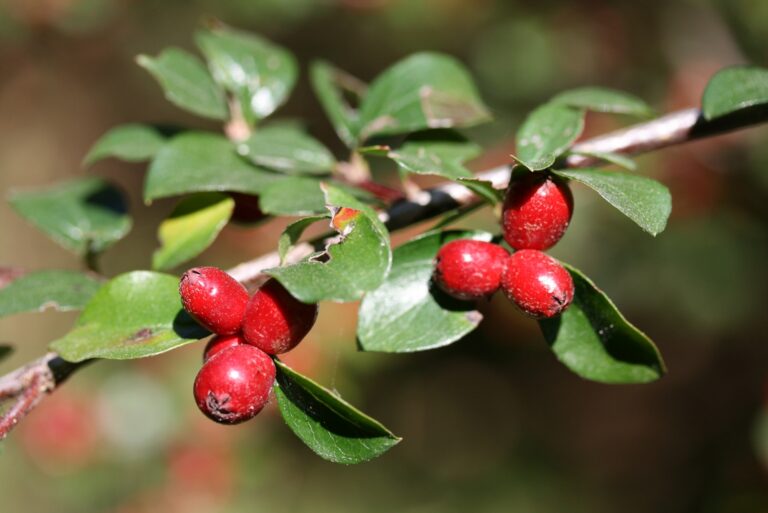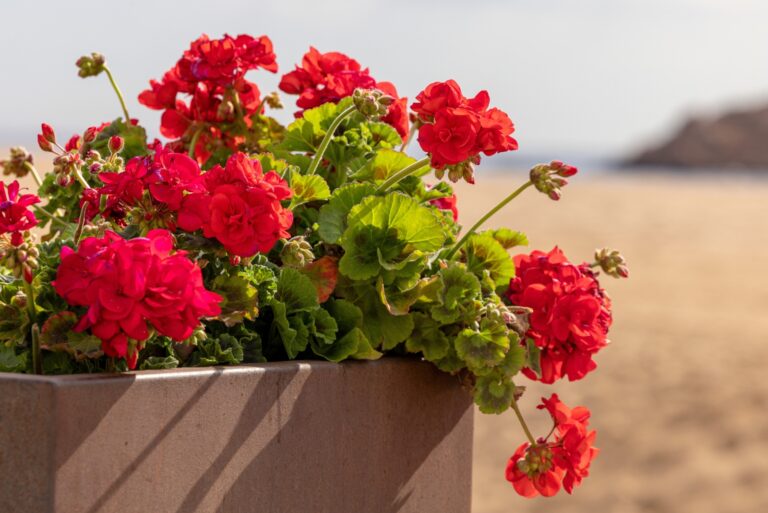10 Illegal Backyard Crops In Washington You Didn’t Know About
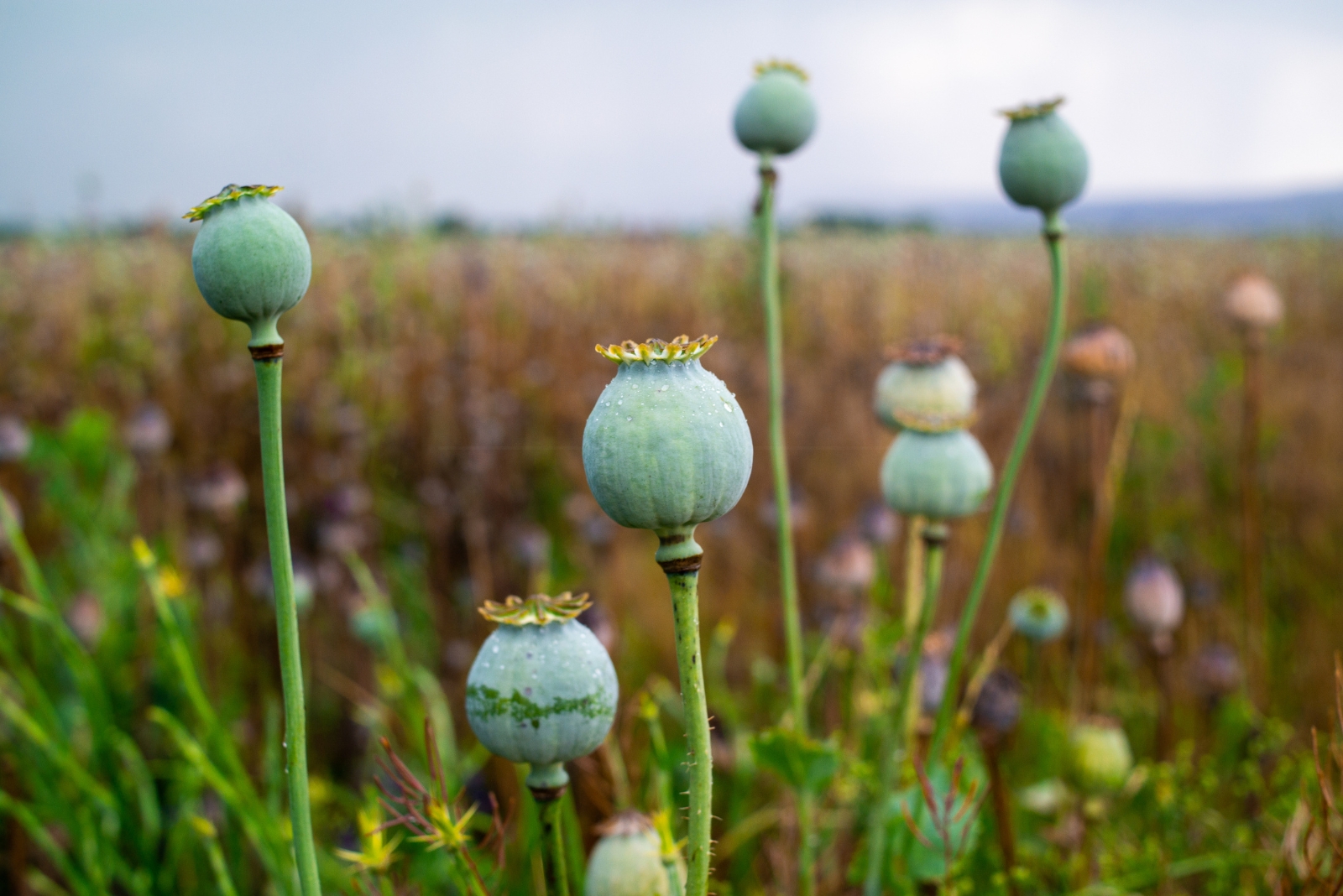
Many Washington gardeners might be surprised to learn that some common plants are actually illegal to grow. State laws restrict certain crops due to environmental concerns, invasive tendencies, or controlled substance regulations.
Knowing which plants are prohibited can save you from potential fines or legal troubles while protecting Washington’s delicate ecosystem.
1. Opium Poppies: Beautiful But Banned
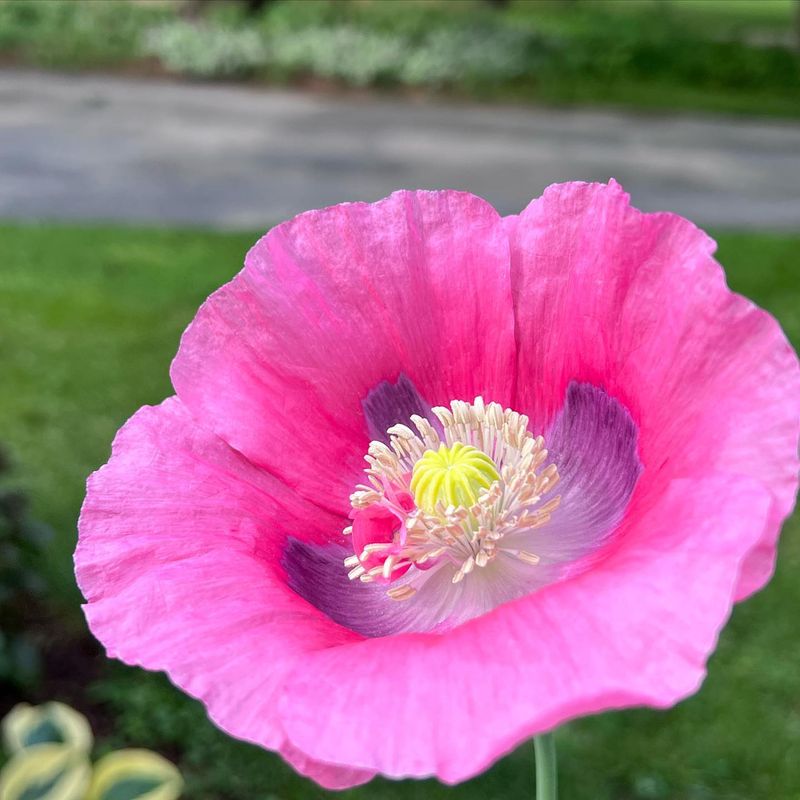
Papaver somniferum may look innocent with its stunning flowers, but growing these poppies in your Washington garden is strictly prohibited. The plants contain opium alkaloids that are controlled substances under federal law.
Many gardeners mistakenly purchase and plant these seeds, unaware they’re cultivating an illegal crop. Even if you’re only interested in their ornamental value or culinary seeds, the law doesn’t make exceptions.
2. Scotch Broom: Invasive Yellow Menace
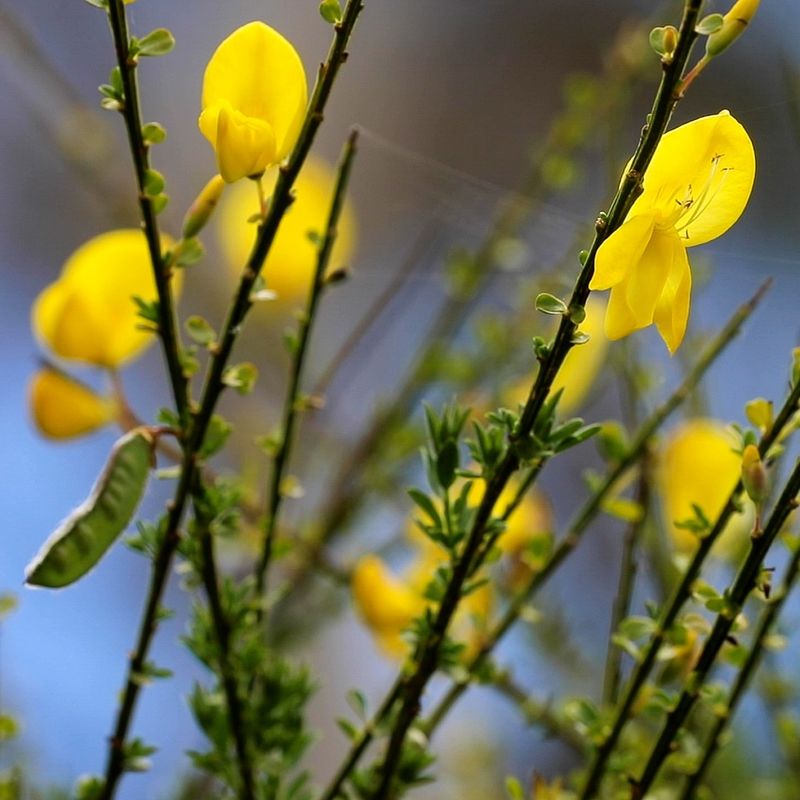
Originally brought to Washington as an ornamental plant, Scotch Broom quickly earned its place on the noxious weed list. Its aggressive growth chokes out native vegetation and creates serious fire hazards during dry seasons.
The plant’s prolific seed production—up to 60 years from a single seed—makes it particularly troublesome. Yellow flowers might look cheerful, but having this plant in your yard is against state regulations.
3. Cannabis: Complex Legal Status
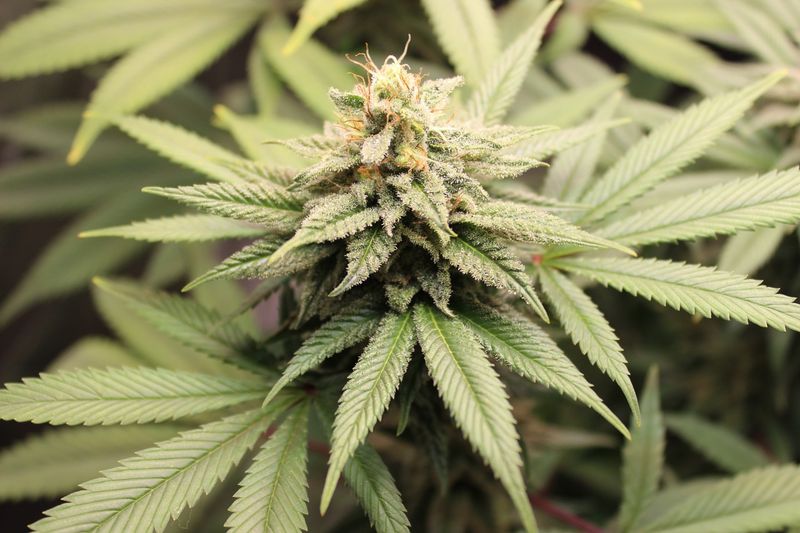
Despite recreational marijuana being legal in Washington, growing cannabis at home remains prohibited for most residents. Only registered medical marijuana patients with proper authorization can legally cultivate limited amounts.
For everyone else, backyard cannabis plants—even a single plant—could result in serious legal consequences. The law specifically restricts home cultivation to prevent unregulated production and distribution.
4. Knotweed: The Foundation Destroyer
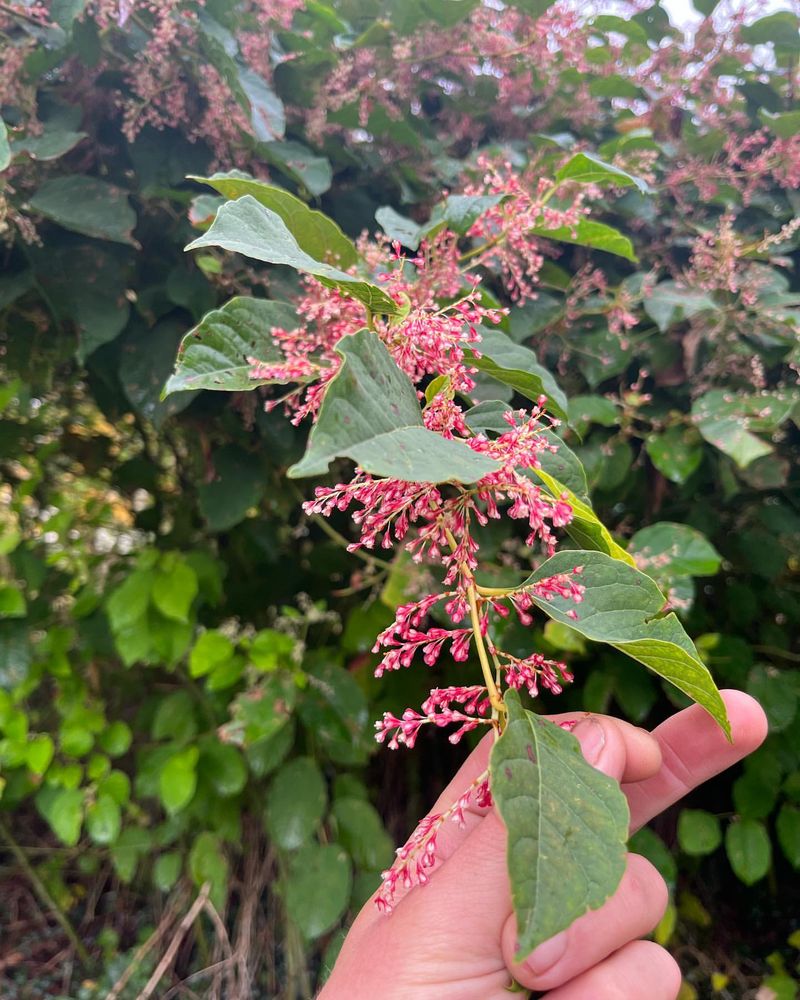
Japanese, giant, and Bohemian knotweeds are Class B noxious weeds in Washington. Their bamboo-like stems and heart-shaped leaves might seem harmless, but these plants can grow through concrete and damage foundations.
Root systems extend up to 20 feet deep, making them nearly impossible to eradicate once established. Property owners are legally required to control these invasive species, and intentionally planting them is prohibited.
5. Giant Hogweed: Dangerous Beauty
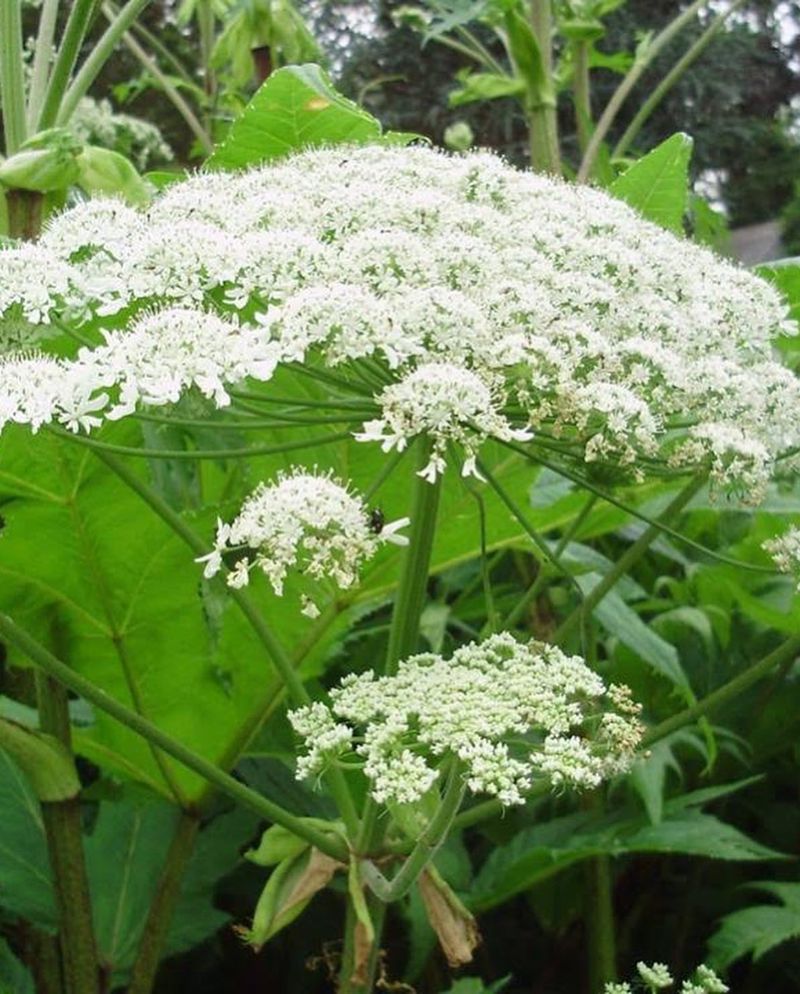
With impressive white flower clusters spanning two feet across, Giant Hogweed might tempt gardeners seeking dramatic plants. However, this federally listed noxious weed is both illegal and dangerous to grow.
Contact with its sap causes severe burns when exposed to sunlight—a reaction called phytophotodermatitis. Washington law prohibits cultivation of this hazardous plant that can reach heights of 15 feet.
6. Psilocybin Mushrooms: No Magic Allowed
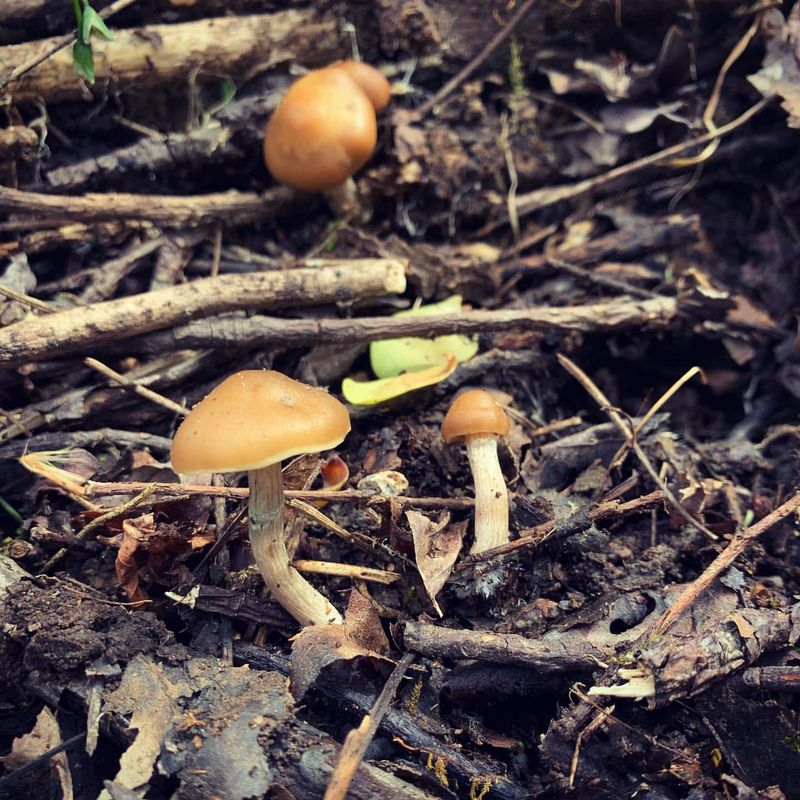
Growing psilocybin-containing mushrooms in your backyard or home is explicitly prohibited in Washington. Despite some decriminalization movements in other states, these fungi remain Schedule I controlled substances federally and statewide.
The cultivation of species like Psilocybe cyanescens—which naturally occur in Washington’s woodlands—is illegal regardless of purpose. Law enforcement takes cultivation seriously, with potential felony charges for growers.
7. Butterfly Bush: Deceptively Destructive
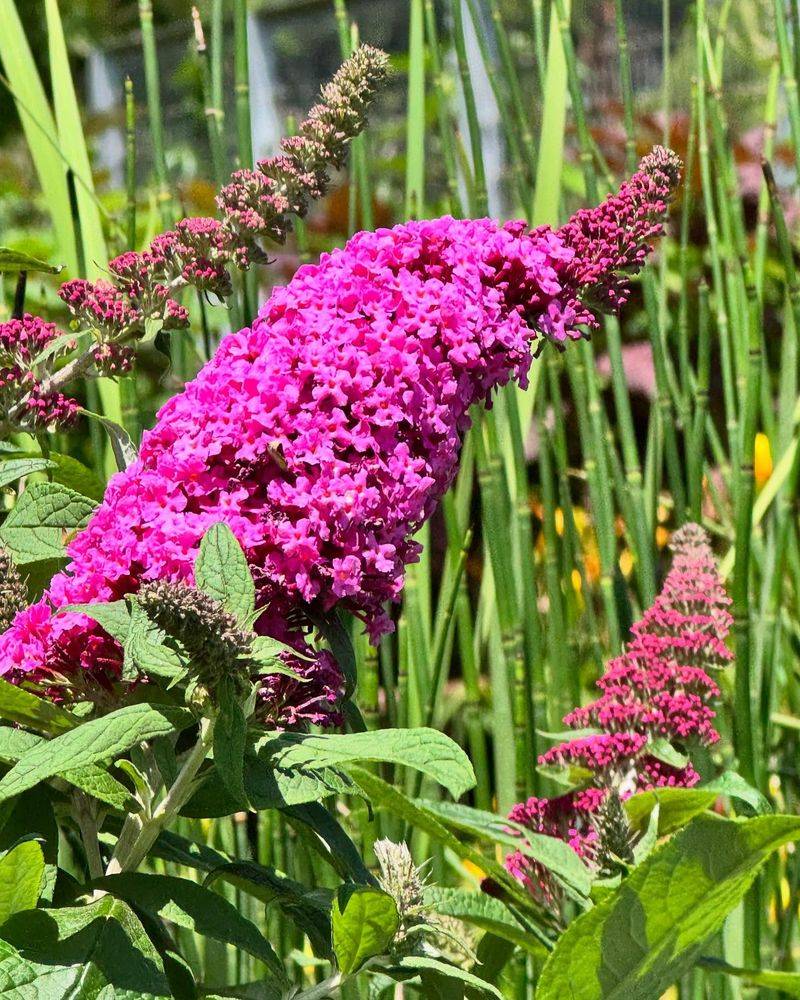
Butterfly Bush earned its name by attracting pollinators with fragrant purple flowers, but don’t be fooled. This invasive species is classified as a Class B noxious weed in Washington, making it illegal to knowingly plant in your garden.
Each bush produces millions of seeds that spread rapidly, crowding out native plants vital to local ecosystems. While sterile varieties exist legally, the common invasive types remain prohibited throughout the state.
8. Poison Hemlock: Fatally Toxic
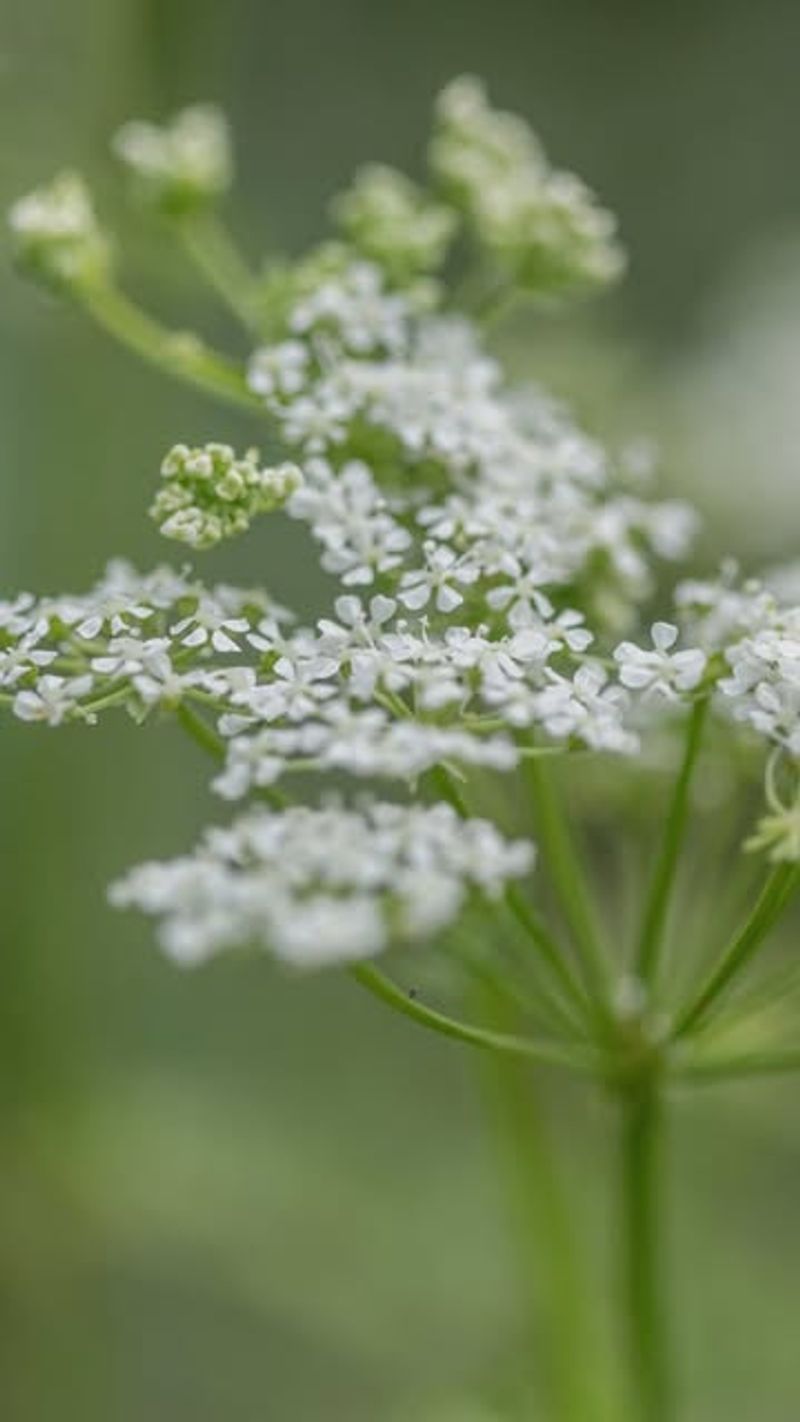
Resembling Queen Anne’s Lace with its white umbrella-shaped flowers, Poison Hemlock is deadly poisonous and illegal to cultivate. All parts contain toxic alkaloids that can cause respiratory failure if ingested.
This Class B noxious weed must be controlled by property owners under Washington law. Famously used in Socrates’ execution, even handling the plant without gloves can cause skin reactions, making its prohibition a matter of public safety.
9. English Ivy: Woodland Destroyer
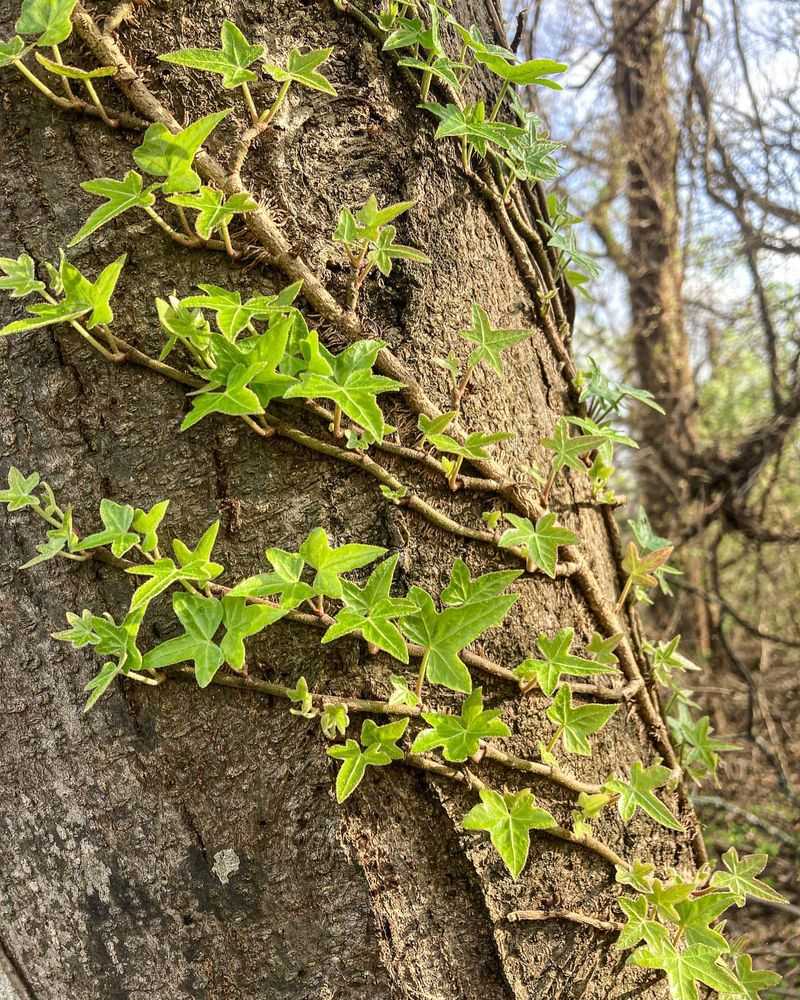
That charming ivy climbing your fence? If it’s English Ivy, you’re harboring a Class C noxious weed. While selling certain cultivars remains legal, allowing this aggressive vine to spread into natural areas violates Washington regulations.
The plant smothers native vegetation and damages trees by adding weight that increases fall risk during storms. Once established in forests, it creates ivy deserts where nothing else grows, devastating local wildlife habitats.
10. Wormwood: Absinthe’s Forbidden Ingredient
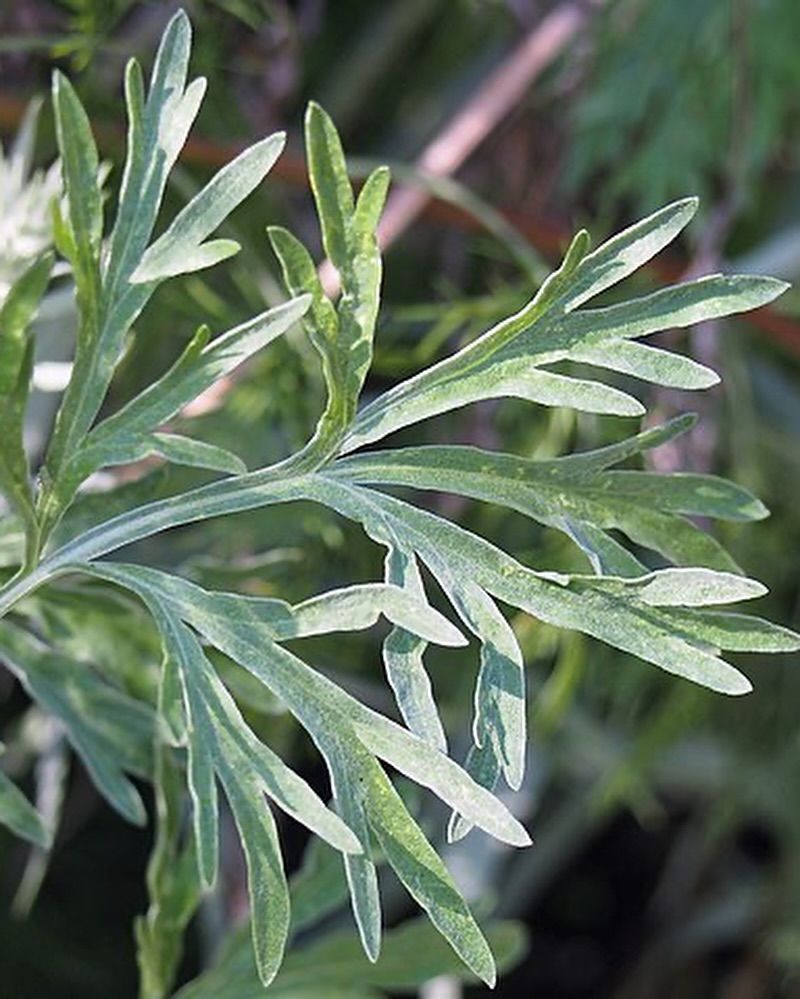
Artemisia absinthium, commonly known as wormwood, contains thujone—a compound once believed to cause hallucinations. While growing small amounts for ornamental purposes isn’t actively enforced against, cultivating it to produce absinthe is prohibited.
Federal regulations restrict the production of spirits containing thujone above certain levels. Home distillation remains illegal regardless of the ingredients used, making wormwood cultivation for this purpose a double violation.

